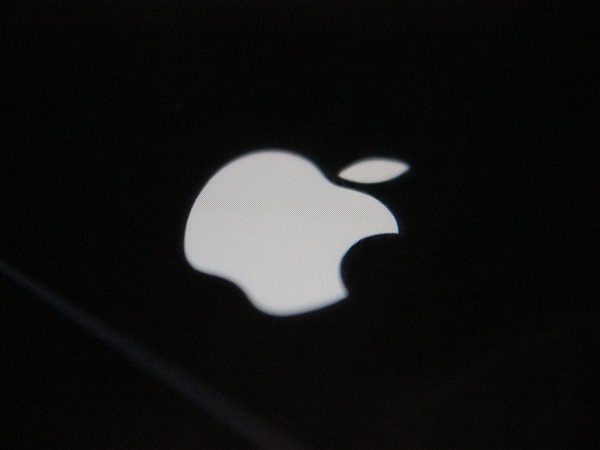Introduction
In the ever-evolving landscape of technology, ensuring the security of personal data has become paramount. Apple, a pioneer in the realm of smartphones, has consistently set the bar high when it comes to user privacy and device security. This article takes a comprehensive look into the intricate layers of security measures embedded within iPhones, shedding light on how Apple goes above and beyond to safeguard your sensitive information.
The Foundation of iPhone Security
At the core of iPhone security lies Apple’s commitment to creating a secure ecosystem for its users. From the moment you set up your device, Apple employs robust encryption techniques to protect your data. This encryption extends across various elements, including your device’s storage, Face ID or Touch ID data, and even the communication between your device and Apple’s servers.
Apple’s Unique Hardware-Software Integration
One of the standout features of iPhone security is the seamless integration of hardware and software. Unlike many other smartphone manufacturers, Apple designs both the hardware and software components of its devices. This tight integration allows for a more controlled and secure environment, reducing the likelihood of vulnerabilities that could be exploited by malicious entities.
Biometric Authentication:
Face ID and Touch ID
Apple revolutionized smartphone security with the introduction of Face ID and Touch ID. Face ID, utilizing advanced facial recognition technology, and Touch ID, relying on fingerprint authentication, provide an additional layer of security beyond traditional passcodes. These biometric authentication methods not only enhance user convenience but also add an extra barrier against unauthorized access.
App Store Vigilance
The App Store, Apple’s digital marketplace, undergoes rigorous scrutiny before any app makes its way to your iPhone. Apple employs a combination of automated systems and manual reviews to ensure that only secure and trustworthy apps are available for download. This meticulous process significantly reduces the risk of malware or malicious software infiltrating your device.
Regular Software Updates
Apple’s commitment to security is evident in its prompt and regular software updates. These updates not only introduce new features but also address any identified security vulnerabilities. By keeping your iPhone’s operating system up to date, you benefit from the latest security patches, fortifying your device against emerging threats.
End-to-End Encryption in iMessage and FaceTime
Communication security is a top priority for Apple. iMessage and FaceTime, Apple’s messaging and video calling services, employ end-to-end encryption. This means that only the intended recipient can decrypt and access the messages or calls, making it extremely challenging for third parties to intercept or eavesdrop on your private conversations.
Find My iPhone:
A Powerful Anti-Theft Tool
Losing your iPhone can be a nightmare, but Apple has a robust solution in place—Find My iPhone. This feature allows you to locate your device on a map, play a sound to help you find it, remotely lock it, or even erase its data in case of theft. Find My iPhone not only safeguards your device but also protects the sensitive information stored on it.
Privacy Labels and Transparency
In a digital era where privacy concerns are on the rise, Apple has taken significant steps to enhance transparency. With the introduction of privacy labels on the App Store, users can now easily understand an app’s data collection practices before downloading it. This empowers users to make informed decisions about the apps they choose to install on their iPhones.
Safari’s Intelligent Tracking Prevention
As browsing habits continue to play a significant role in data security, Apple has implemented Intelligent Tracking Prevention in its Safari browser. This feature blocks third-party trackers, preventing advertisers from creating detailed profiles of your online activities. Safari’s commitment to user privacy aligns with Apple’s overarching dedication to creating a secure digital environment.
Conclusion
In conclusion, Apple’s commitment to iPhone security goes beyond mere marketing rhetoric. The company has meticulously crafted a multi-layered security infrastructure, from hardware design to software updates, to protect user data. Features like biometric authentication, end-to-end encryption, and Find My iPhone add substantial layers of protection, while the App Store’s stringent vetting process ensures that only trustworthy apps make it to your device.



































